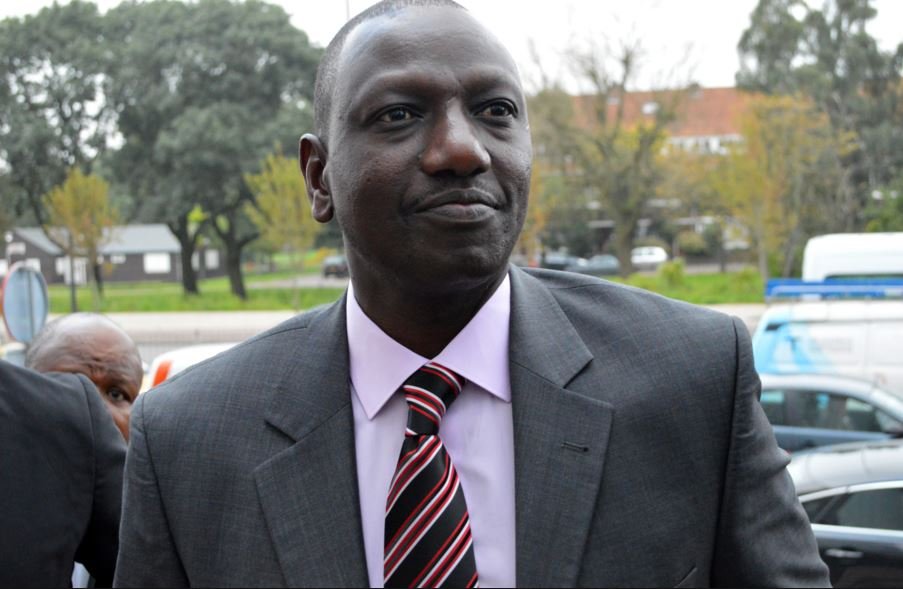Polish lawmakers approve change to freedom of assembly
Polish lawmakers on Friday voted to amend the freedom of assembly law to give preference to rallies organised by religious and state institutions over citizen initiatives, sparking human rights concerns at home and abroad.
The conservative Law and Justice (PiS) party introduced the amendment after a year in power, a period marked by several large anti-government protests staged by the liberal opposition and pro-democracy activists.
“Priority is given to assemblies organised by public authorities as well as assemblies held as part of church activity,” reads the amendment passed by the lower house of parliament, which still needs approval from the senate and the president.
It would allow authorities to prohibit citizens from holding a demonstration if the Catholic Church or the state decides to organise its own rally at the same time and place.
Cyclical rallies that take place several times a year or annually on national holidays would also take precedence over citizen initiatives.
Permission to stage rallies up to now has been handed out on a first come, first serve basis.
Interior Minister Mariusz Blaszczak said the amendment will prevent “confrontations between rival demonstrators,” since two rallies will no longer be able to take place at the same location.
But critics said the amendment will only restrict fundamental rights.
This is “an attempt to silence Poles who are not happy with the government,” said Dorota Oko, spokeswoman for the leftist extra-parliamentary party Razem, in a statement quoted by the Gazeta Wyborcza daily.
Poland’s human rights commissioner Adam Bodnar said the amendment violates the constitution, while his European counterpart Nils Muiznieks said he was “very concerned”.
“These amendments would restrict unnecessarily and in a disproportionate way the possibility for a large part of the population to enjoy their human right to freedom of assembly,” said Muiznieks, human rights commissioner for the Council of Europe.
He also urged Polish authorities “to slow down the legislative process on matters affecting… human rights”.
The PiS had earlier adopted policies giving the government more control over the media and other institutions while weakening the constitutional court.


